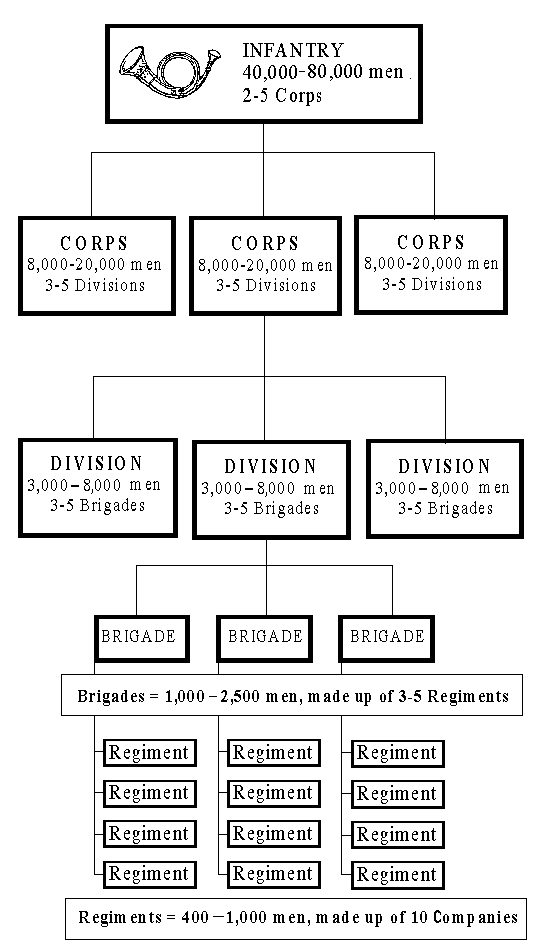Devotional
Our last song is When Johnny Comes Marching Home. It should be easy to memorize.
Our last scripture verse is D&C 134:5.
There will be a yummy treat if you have BOTH memorized by next class (April 18).
Gettysburg Address Memorization
If you haven't finished memorizing, do it this week and get it passed off ASAP!
Lecture

We talked about the death of Abraham Lincoln. Above is Ford's Theatre where Lincoln was assassinated. The presidential box is on the left. John Wilkes Booth tripped on the flag bunting that is draped across the front.
has a virtual tour of Ford's Theatre and other interesting information re: Lincoln's assassination.

After he was shot at the theatre, Lincoln was carried to the Peterson house across the street. He was placed on this bed (diagonally because he was too tall) and it is where he took his last breath the next morning.

Last known photo taken of Abraham Lincoln. February 1865.
Compare with the photo below (just five years) earlier
to see how much Lincoln aged during the Civil War.

February 1860
**EXTRA TREAT ALERT**
Watch the following 2-4 min videos re: Lincoln and the assassination.
It will be best to watch them in order.
1. America and the Civil War http://www.history.com/topics/abraham-lincoln/videos#civil-war
2. Abraham Lincoln http://www.history.com/topics/abraham-lincoln/videos#abraham-Lincoln
3. The Assassination of Lincoln http://www.history.com/topics/abraham-lincoln/videos#the-other-side-of-lincoln-lincolns-assassination
4. The Lincoln Assassination Plot http://www.history.com/topics/abraham-lincoln/videos#confederate-conspiracy-to-assassinate-Lincoln
5. The Aftermath of the Lincoln Assassination http://www.history.com/topics/abraham-lincoln/videos#lincoln-after-the-assassination
This Week's Paper
1. Write a paper on how you would bind the nation's wounds? (after the war)
2. Finish and turn in any missing papers
Assignments/Reminders
1. Read To Kill A Mockingbird (due last week of class-April 25)
2. Finish memorizing the following:
All Songs
D&C 134:1-5
Gettysburg Address
3. Watch remaining movies
4. Check for any other unfinished requirements
(Contact General Behymer if you aren't sure)
















.JPG)




























